
There are approximately 6,000 colleges and universities in America, and almost all of them will hold commencement ceremonies in the next few weeks to honor their graduates. That means there will be approximately 6,000 potential controversies that these schools will be forced to navigate as anti-Zionist protesters seek a way to make their voices heard against the Jewish state.
Just a week ago, it would have been difficult to believe that any of those institutions of higher learning would mishandle their own challenge as badly as the University of Southern California has managed to do with theirs. But as violence roiled the Columbia and Yale campuses last weekend, and as examples of intimidation, harassment and other types of abuse against Jewish students flare up across the country, it’s becoming clear that the anger and ugliness that have divided colleges and universities since the Hamas terrorist attacks last fall are not going away. It has now been more than six months since the Simchat Torah Massacre, and as we try to celebrate Passover under the shadow of modern-day persecution, we are no closer to comity or even calm than we were on Oct. 8.
If you are reading a column like this one in a publication like this one, you already know the details of the USC controversy. You know how a faculty committee selected a young woman to serve as the school’s valedictorian this spring, despite the links on her social media profile to websites trafficking in both anti-Zionist and anti-Semitic content. You know that the website to which she linked called for the complete “abolishment of the State of Israel” and that such language meets the U.S. State Department’s definition of antisemitism, which refers to “denying the Jewish people their right to self-determination.”
You know how the university’s leaders concocted what they believed to be a self-protective solution, announcing that they would cancel the student’s speech in the name of campus safety. This rhetorical fig leaf enraged both pro- and anti-Israel stakeholders, most of whom agreed that the unwillingness or inability of USC leaders to take a stand on either side of this increasingly vitriolic debate was evasive at best and cowardly at worst. Canceling the speech either because of the student’s political grounding or allowing it on free speech grounds would have certainly angered one side or the other. Ducking the decision simply infuriated both.
At the same time that this dispute has raged across Trojan Nation, we have watched even worse anti-Israel discord embroil scores of other colleges and universities across the country. When this column was filed, the disturbances at Columbia and Yale had been joined by similar disruptions at Harvard, Berkeley and several other schools. By the time you read this, the unrest is likely to have spread much further.
It would be tempting to wonder what is so wrong with a system of higher education that has permitted – if not encouraged – such intolerance and ugliness. But such a question would miss a larger point, as our campuses are not unique because of the attitudes they harbor. Rather, the only thing that differentiates colleges and universities from the rest of society is that most of us who are not enrolled in institutions of higher education have the luxury of avoiding those whose views are so unacceptable to us.
Most of us can retreat to our homes and neighborhoods and offices and restaurants and communities, where we surround ourselves with those who either approve of our support for a safe and secure Israel or at least who keep their disagreement to themselves. Our children and grandchildren of college age enjoy no such luxury. If these students are to pursue the education to which they are entitled, they have no choice but to confront their most virulent haters face-to-face on a daily basis, too often without the support of university administrators hopelessly overmatched by the demands of this vicious and unforgiving moment.
We need to protect our children, of course. But this is not only a problem for college students. It is a crisis that we will all soon face.
We need to protect our children, of course. But this is not only a problem for college students. It is a crisis that we will all soon face.
Dan Schnur is the U.S. Politics Editor for the Jewish Journal. He teaches courses in politics, communications, and leadership at UC Berkeley, USC and Pepperdine. He hosts the monthly webinar “The Dan Schnur Political Report” for the Los Angeles World Affairs Council & Town Hall. Follow Dan’s work at www.danschnurpolitics.com.







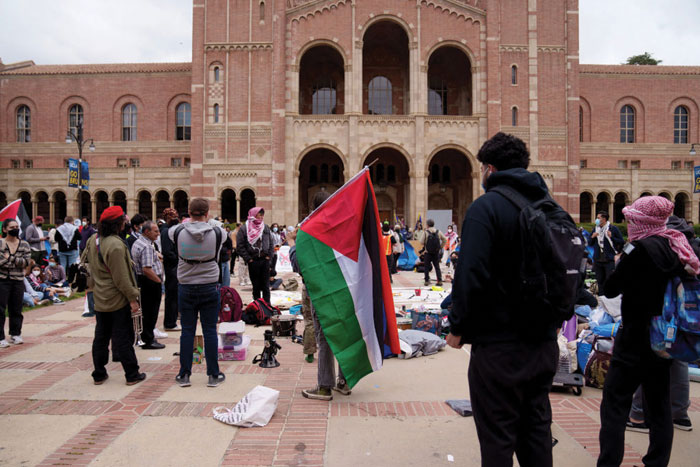

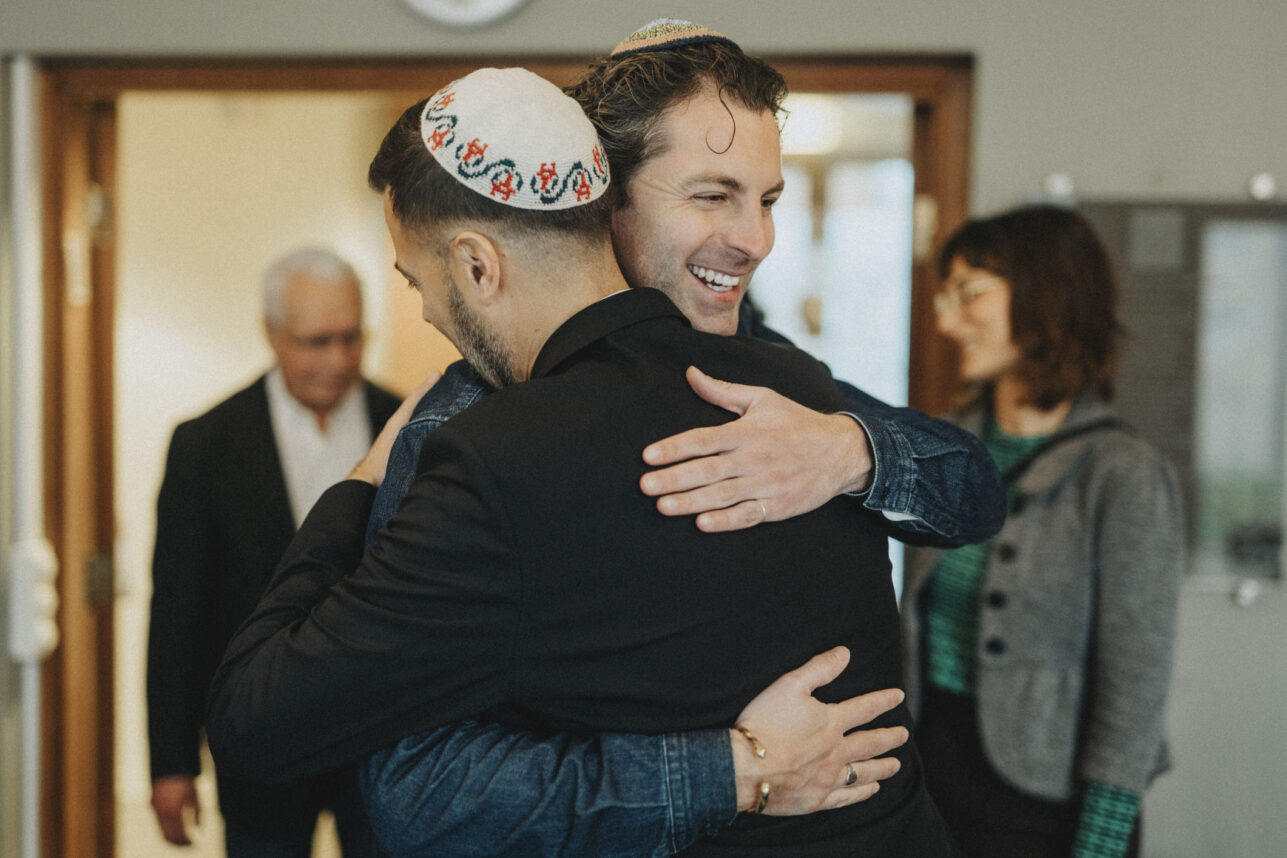
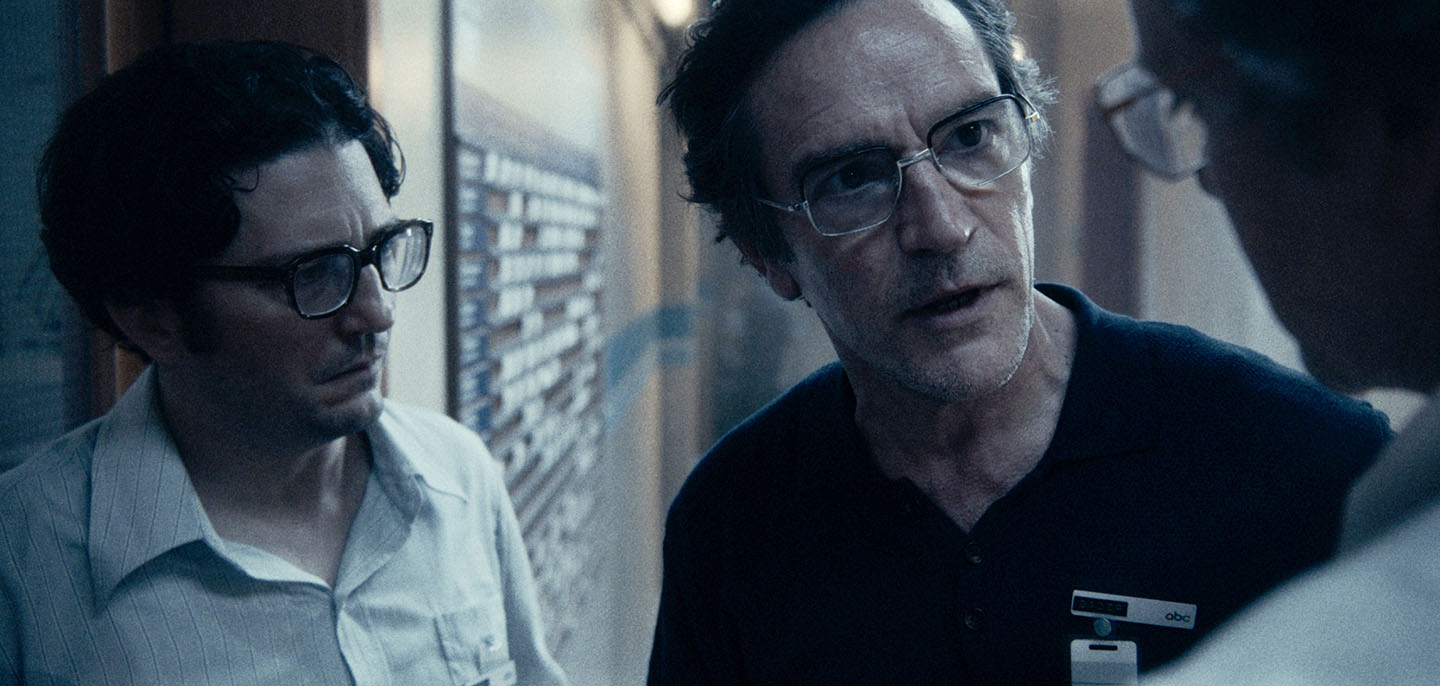




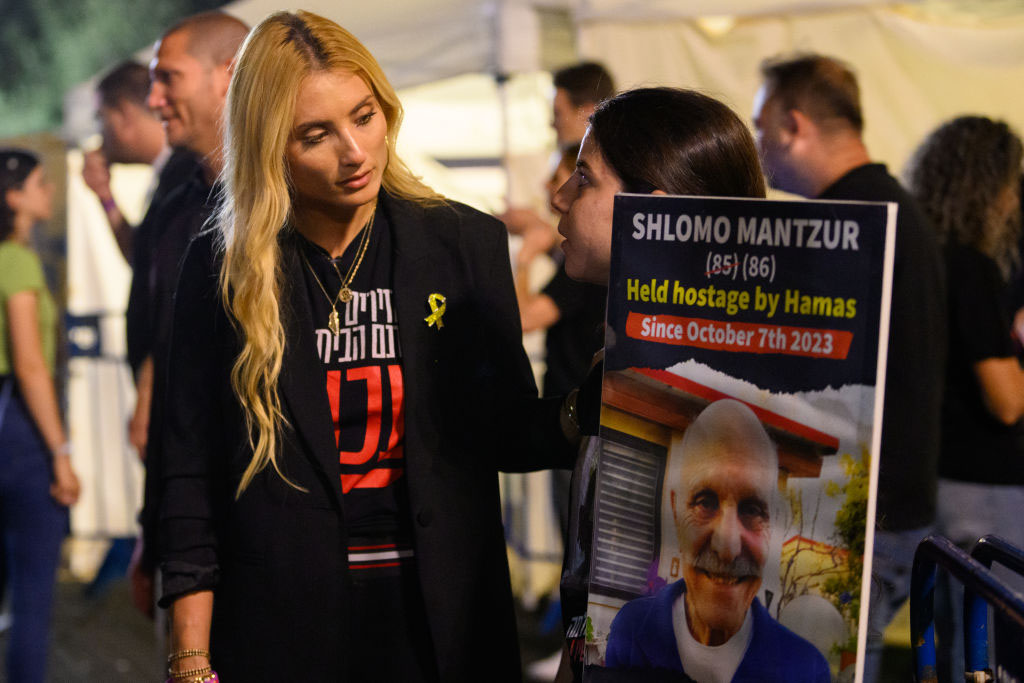
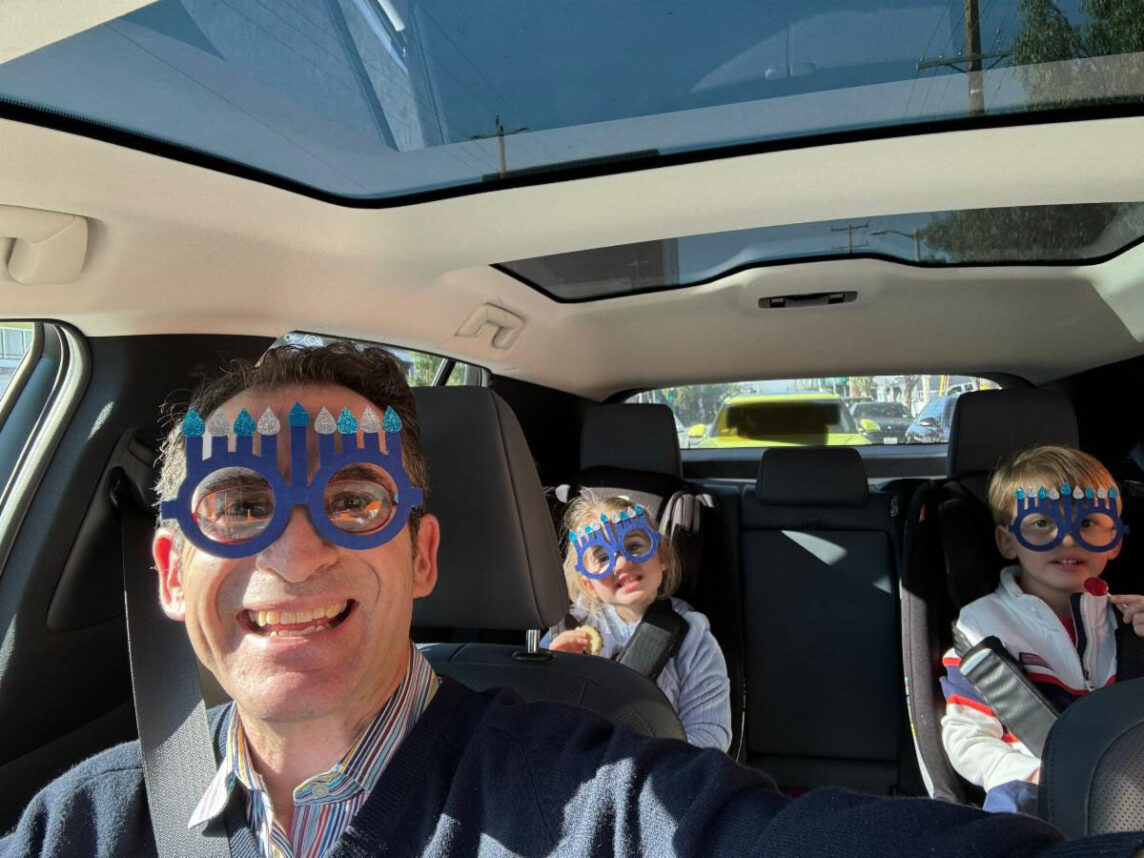





 More news and opinions than at a Shabbat dinner, right in your inbox.
More news and opinions than at a Shabbat dinner, right in your inbox.